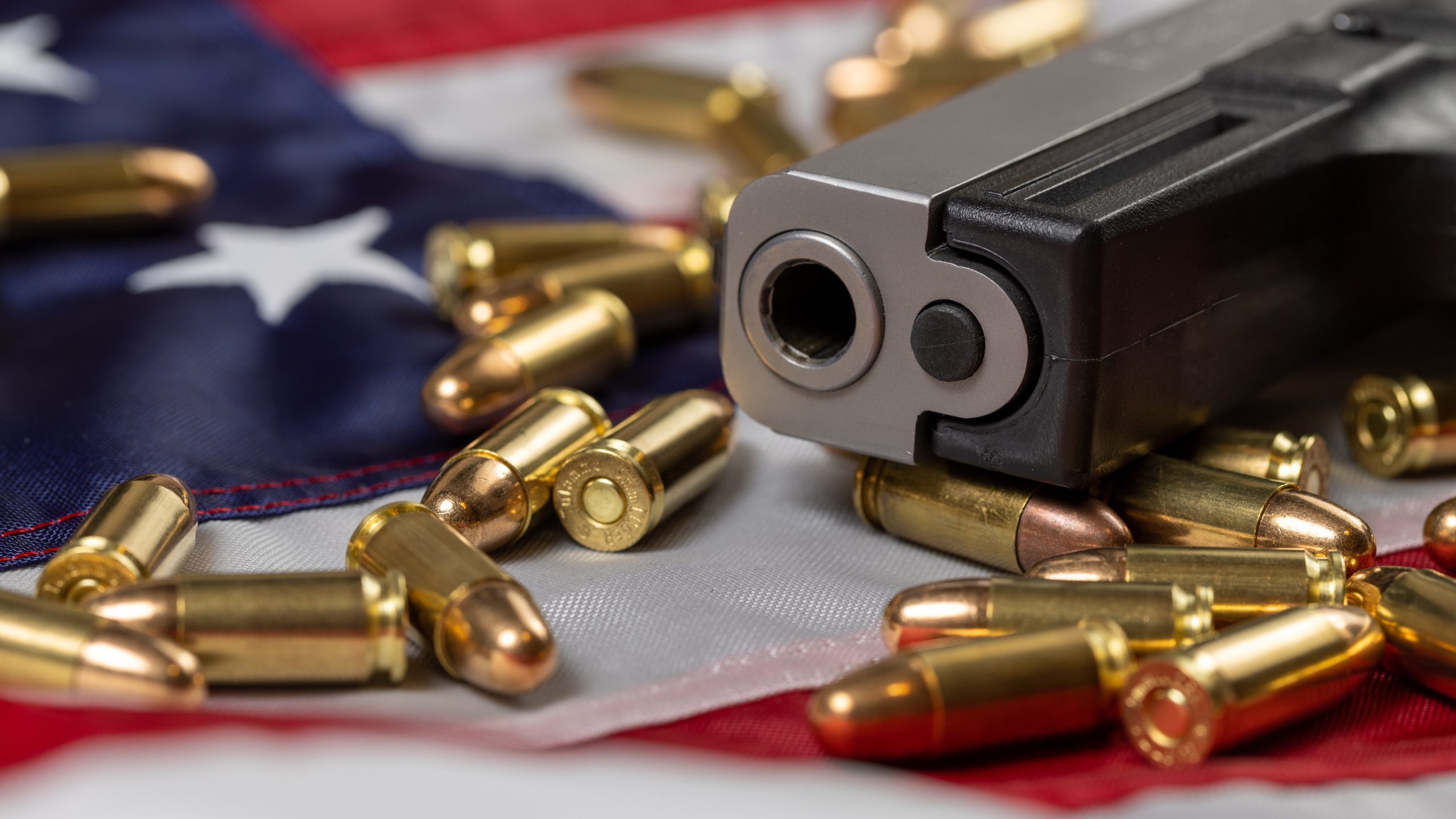Online Course $49: Your First Step Toward a Texas License to Carry (LTC)!
The problem with constitutional carry is that the rules are complicated and consequences aren’t always obvious, even to experienced gun owners. Signage confusion trips up even the most responsible constitutional carriers.
Though experiment: You’re a constitutional carrier going to a popular restaurant. You see a clearly posted 30.06 sign at the entrance: “…Pursuant to Section 30.06, Penal Code, concealed handguns prohibited…” You smile because that sign only applies to LTC holders and walk right past it. However, the eagle-eyed hostess, checking out your features, glimpses what appears to be a partially visible holster printing under your jacket and alerts the manager. As far as the hostess and manager know, the owner doesn’t want guns in the building; hence, the clearly visible sign on the door. The manager confronts you, references the signage, tells you there are no guns allowed in the building, and asks you to leave. While you’re both debating your rights, escalating an avoidable incident, and attracting onlooker attention, two Sheriff Deputies arrive because someone in the restaurant called 911. Depending on your response, you may quickly find yourself detained or arrested, especially if you argue and refuse to leave. This is what happens when being technically right meets being practically wrong.
Under constitutional carry, what are your rights, and how should you respond?
No matter what sign is posted, when any person with authority asks you to leave, refusing to do so exposes you to criminal trespass charges. When those deputies walk in, they’re not worried about signage distinctions. They’re responding to an incident where a property owner has an unwelcome, armed individual who won’t leave the restaurant, and the incident escalated to a 911 call. The deputies will see you as the threat and probably won’t care about your 30.06 signage argument. Even though you started the day by exercising your constitutional rights, your legal situation is about as clear as the water in the Brazos River. Hopefully, your attorney has the legal savvy to get criminal charges dismissed.
The Practical Lesson About Constitutional Carry: It’s genuinely more lenient than most states’ carry laws. But it’s not free in the way you think.
- You have the Constitutional right to carry.
- You don’t have statutory protection when conflicts arise.
- You can be arrested for “being right”.
- You’ll rely on narrower case law and fewer established protections.
- You’ll spend money, time, and emotional energy in court.
- Even if you win, there’s still an arrest record.
Here’s why LTC training matters:
- An LTC holder sees the 30.06 sign and training kicks in… “That’s for me. The owner doesn’t want concealed carry on their property and properly posted the correct sign.”
- An LTC holder could push their own luck and try open carry because 30.06 only applies to concealed carry. However, you’re better off finding someplace else to eat.
- When conflicts arise, you have defenses built into statute. An LTC holder charged with 30.06 trespass could raise an affirmative defense if they promptly departed after oral notice.
- Signage is standardized and clear.
- Your rights are tested and established in case law.
- The LTC is a credential and lets law enforcement know you’ve had training.
Constitutional carry is a right. LTC is a risk management tool. Whichever you choose, master the signs, respect the property owner, and avoid legal gray zones. If a property owner doesn’t want guns on their premises, they should post the correct signage: 30.05, 30.06, and 30.07. Respecting the property owner’s rights is always the best course of action. The safest and smartest move? If you’re ever asked to leave, don’t debate. Politely comply and move on. You protect your freedom, your wallet, and your record.
Ready to Begin? Click “enroll now”. The page will open to the Texas Carry Academy enrollment portal.
Disclaimer: The information provided in this post is for educational purposes only and does not constitute legal advice. Firearm laws vary by state and are subject to change. Always verify current laws and regulations before traveling or carrying. For guidance specific to your situation, consult a qualified attorney or legal professional.
Information sourced from Texas Penal Code statutes, Texas Government Code §411.204, and established Texas firearms law guidance.



